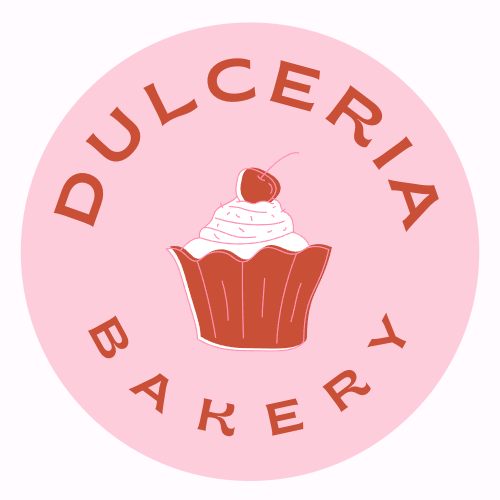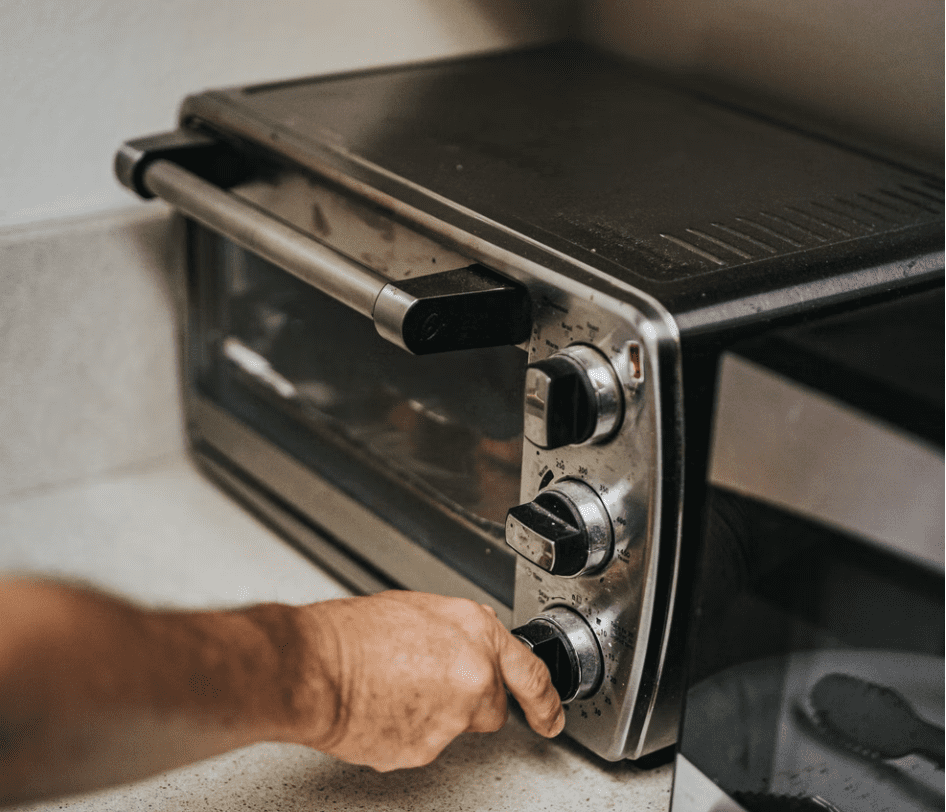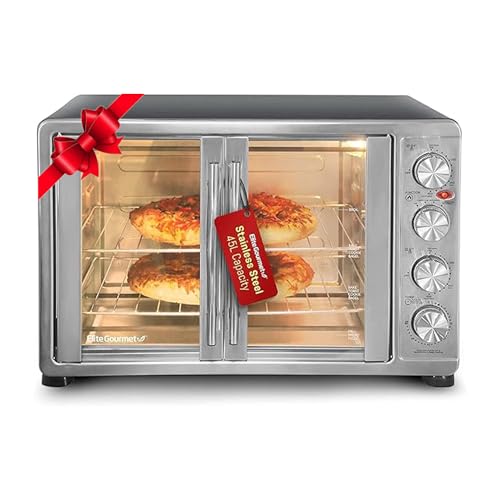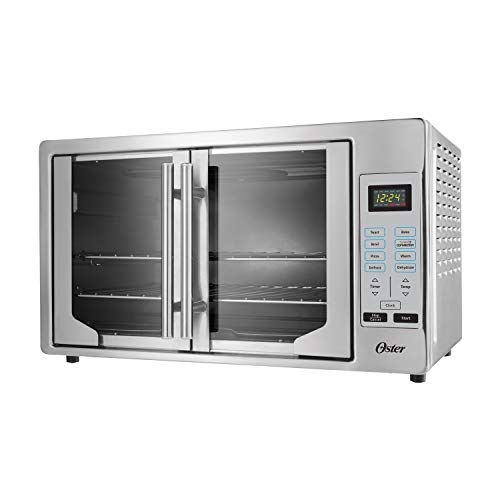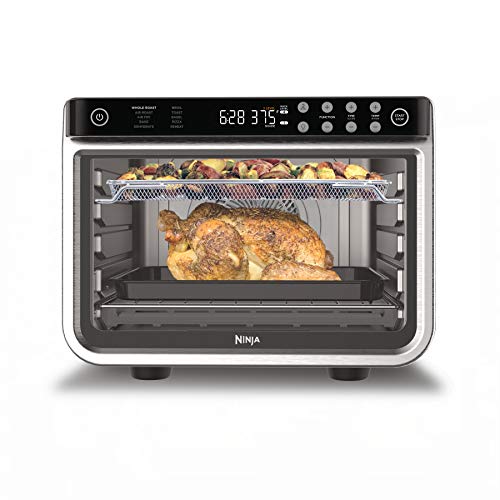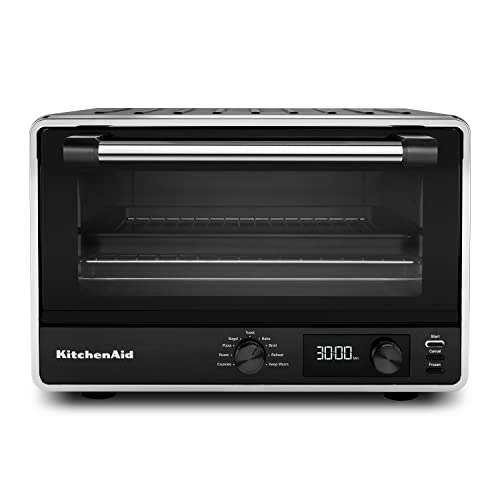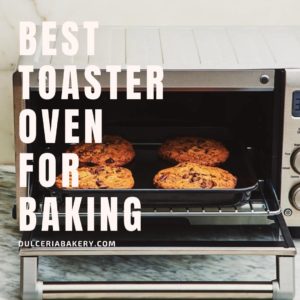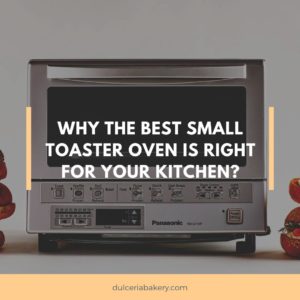A countertop oven, also known as a toaster oven, can be a great option for baking cakes in small batches or when you don’t want to heat up your full-sized oven. With their compact size and versatile functions, countertop ovens can provide a convenient and efficient baking experience, especially when it comes to cakes. Whether you’re making a birthday cake or just a small treat for yourself, a countertop oven can be a great addition to your kitchen. However, it’s important to choose the right countertop oven and follow proper baking techniques to achieve the best results.
Can you bake in a countertop oven?
Yes, you can definitely bake in a countertop oven. Countertop ovens are designed to be versatile appliances that can perform many of the same functions as a traditional oven, such as baking, roasting, and broiling. They are typically smaller than conventional ovens and take up less space on your countertop, making them a convenient choice for small kitchens or for those who don’t need to cook large quantities of food.
When using a countertop oven for baking, it is important to follow the manufacturer’s instructions and adjust the baking time and temperature as necessary. Additionally, be sure to use the appropriate size and type of baking dish or pan for your countertop oven, and adjust the rack placement to ensure that your baked goods cook evenly.
What is countertop oven used for?
Countertop ovens are versatile kitchen appliances that can be used for a variety of cooking and baking tasks, such as:
- Baking: Countertop ovens are ideal for baking cakes, cookies, bread, and other baked goods.
- Roasting: You can use a countertop oven to roast meat, poultry, and vegetables.
- Toasting: Countertop ovens are great for toasting bread, bagels, and other baked goods.
- Broiling: Countertop ovens have a broil function that can be used to cook meat, fish, and vegetables quickly and evenly.
- Reheating: You can use a countertop oven to reheat leftovers, pizza, and other foods.
- Cooking small meals: Countertop ovens are perfect for cooking small meals, such as a single serving of lasagna or a personal pizza.
- Dehydrating: Some countertop ovens come with a dehydrating function that can be used to dry fruits, vegetables, and meats.
Overall, countertop ovens are convenient and efficient appliances that can save time and energy compared to using a full-sized oven.
Can I bake a cake in a countertop convection oven?
Yes, you can bake a cake in a countertop convection oven. In fact, a convection oven can be a great choice for baking cakes because it circulates hot air around the food, which can help to cook the cake more evenly.
When baking a cake in a countertop convection oven, it is important to adjust the baking time and temperature according to the manufacturer’s instructions, as convection ovens may require lower temperatures and shorter baking times than conventional ovens.
Additionally, be sure to use a baking pan that is appropriate for your countertop convection oven and adjust the rack placement to ensure that the cake is cooked evenly.
What type of countertop oven for baking cakes?
There are many types of countertop ovens that are suitable for baking cakes, and the best one for you will depend on your specific needs and preferences. Here are some common types of countertop ovens that are often used for baking cakes:
- Convection ovens: Convection ovens are equipped with a fan that circulates hot air around the food, resulting in more even baking. This can be especially helpful for baking cakes, as it can help to prevent hot spots and ensure that the cake bakes evenly.
- Toaster ovens: Many toaster ovens are designed with baking functions, making them a versatile option for baking cakes. Some models may be smaller than other types of countertop ovens, but they can still be effective for baking cakes in smaller quantities.
- Electric ovens: Electric ovens are typically larger than toaster ovens and may have more advanced features, such as digital controls or multiple cooking functions. They can be a good choice for those who need to bake larger cakes or who want more control over the baking process.
- Combination ovens: Some countertop ovens are designed to combine several cooking functions, such as baking, roasting, and air frying. These ovens can be a great option for those who want a versatile appliance that can handle a variety of cooking tasks, including baking cakes.
Ultimately, the best type of countertop oven for baking cakes will depend on your specific needs and preferences, as well as the size of the cakes you plan to bake.
What countertop oven can you bake a cake in?
You can bake a cake in most countertop ovens that have baking settings, temperature control, and enough space to fit the size of cake you want to bake. Here are a few popular countertop ovens that are commonly used for baking cakes:
- Breville Smart Oven: This countertop oven has a convection setting, temperature control, and a spacious interior that can fit a 9-inch cake pan. It also has a variety of baking settings, including bake, broil, and roast.
- Cuisinart TOB-260N1 Chef’s Convection Toaster Oven: This countertop oven has a spacious interior that can fit a 9-inch cake pan, as well as a convection setting for even baking. It also has temperature control, a variety of baking settings, and a built-in timer.
- Oster Digital French Door Countertop Oven: This countertop oven has a unique french door design that makes it easy to access your baked goods. It has a spacious interior that can fit a 9-inch cake pan, as well as temperature control and a variety of baking settings.
Ultimately, the best countertop oven for baking a cake will depend on your specific needs and preferences. Be sure to read reviews and check the specifications of any countertop oven you’re considering to ensure that it has the features you need to bake a cake successfully.
Is a countertop oven the same as a convection oven?
Not all countertop ovens are convection ovens, but some countertop ovens do have a convection feature. A convection oven has a fan that circulates hot air around the food, which can result in faster and more even cooking.
Some countertop ovens have this feature, while others do not. It’s important to check the specifications of a countertop oven before purchasing it to see if it has a convection feature if that’s important to your baking needs.
Does a countertop oven use less electricity than an oven?
In general, a countertop oven uses less electricity than a full-size oven. This is because a countertop oven is smaller and therefore requires less energy to heat up and maintain the desired temperature.
Additionally, because a countertop oven is usually used for smaller baking tasks, it can be more efficient to use than a large oven when you don’t need to bake a full-size cake or meal.
However, it’s important to note that the exact energy usage will vary depending on the specific model and how it’s used.
What is the best countertop oven for baking cakes?
There are many different brands and models of countertop ovens available on the market, and the best one for baking cakes will depend on your specific needs and preferences. However, here are a few features to look for in a countertop oven that can make it a great option for baking cakes:
- Size: Choose a countertop oven that has enough space to fit the size of cake you want to bake. Consider the dimensions of the interior cooking area, as well as the height clearance, to ensure that your cake will fit comfortably.
- Temperature control: Look for a countertop oven that has precise temperature control, so that you can achieve the exact temperature needed for your cake recipe. Some ovens may also have a built-in thermometer or a temperature probe to help you monitor the temperature more accurately.
- Convection setting: A countertop oven with a convection setting can provide even heat distribution, which is important for baking cakes. This feature can help prevent uneven browning or undercooking.
- Timer and auto shut-off: A timer can help you keep track of baking times, while an auto shut-off feature can help prevent overcooking or burning your cake.
- Easy-to-clean: Choose a countertop oven that is easy to clean, as baking cakes can be messy. Look for features like a removable crumb tray, non-stick interior, and easy-to-wipe surfaces.
Some popular brands of countertop ovens for baking cakes include Breville, Cuisinart, and Oster. Ultimately, the best countertop oven for baking cakes will depend on your individual needs and preferences, so be sure to read reviews and do your research before making a purchase.
Are countertop ovens worth it?
Countertop ovens can be a great investment for many people, depending on their individual needs and cooking habits. Here are some reasons why countertop ovens may be worth it:
- Space-saving: Countertop ovens are much smaller than traditional ovens, which makes them ideal for people with limited kitchen space. They can be easily stored away when not in use, which frees up valuable counter space.
- Versatility: Countertop ovens are often designed to perform a wide range of cooking functions, including baking, broiling, toasting, and roasting. This makes them a versatile appliance for a variety of cooking needs.
- Energy-efficient: Because countertop ovens are smaller than traditional ovens, they tend to use less energy. This can help to save money on utility bills over time.
- Convenience: Countertop ovens are typically faster to preheat and require less time to cook than traditional ovens. This makes them ideal for busy people who want to prepare meals quickly.
Overall, if you’re looking for a versatile and convenient cooking appliance that doesn’t take up a lot of space, a countertop oven can be a great investment. However, it’s important to do your research and choose an oven that fits your specific needs and budget.
How to use countertop oven for baking cakes
Here are the steps to use a countertop oven for baking cakes:
- Preheat the oven: Preheat the oven to the recommended temperature for the cake recipe. Most countertop ovens come with a preheat setting or button.
- Prepare the cake batter: Follow the recipe to prepare the cake batter. Make sure to measure the ingredients precisely and mix the batter thoroughly.
- Prepare the cake pan: Grease the cake pan with butter or oil and dust it with flour. Alternatively, you can line the cake pan with parchment paper.
- Pour the batter into the pan: Pour the batter into the prepared cake pan. Make sure not to overfill the pan, leaving about 1/3 of the pan empty.
- Place the cake pan in the oven: Carefully place the cake pan in the oven, making sure it’s centered.
- Bake the cake: Set the timer for the recommended baking time in the recipe. Check the cake for doneness by inserting a toothpick into the center of the cake. If it comes out clean, the cake is done. If it comes out with batter sticking to it, bake the cake for a few more minutes.
- Cool and serve: Once the cake is done, remove it from the oven and let it cool in the pan for a few minutes. Then, carefully remove the cake from the pan and let it cool completely on a wire rack before serving.
Note: Always follow the manufacturer’s instructions for using the specific model of countertop oven you have, as cooking times and settings may vary.
How long do countertop ovens last?
The lifespan of a countertop oven can vary depending on a few factors, including the quality of the appliance, how often it’s used, and how well it’s maintained. On average, a well-maintained countertop oven can last anywhere from 3 to 10 years.
Some high-quality models may last even longer. Regular cleaning and maintenance, such as wiping down the interior after each use and periodically checking the heating elements, can help prolong the life of a countertop oven.
What is the most energy efficient counter top oven?
When it comes to energy efficiency, there are a few countertop ovens that stand out. One option is the Breville BOV800XL Smart Oven, which uses Element IQ technology to deliver the right amount of power at the right time, minimizing energy waste.
The Cuisinart TOB-260N1 Chef’s Convection Toaster Oven is another energy-efficient option, with a “pizza function” that saves energy by using only the lower heating element to cook pizza.
The Panasonic NB-G110P Flash Xpress Toaster Oven is also known for its energy efficiency, using infrared heating elements to quickly and evenly cook food while using less energy than traditional heating methods. Ultimately, the most energy-efficient countertop oven will depend on your specific needs and usage patterns.
Which is better for cake microwave or convection?
When it comes to baking cakes, a convection oven is generally considered to be better than a microwave. This is because a convection oven uses a fan to circulate hot air, which results in more even baking and browning of the cake.
Additionally, a convection oven provides the option to adjust the temperature and time settings to better suit the type of cake being baked. On the other hand, a microwave is designed for quick heating and may not provide the same level of precision and control over the baking process as a convection oven.
While it is possible to make cake in a microwave, the resulting texture and flavor may not be as desirable as a cake baked in a convection oven.
What countertops oven do chefs prefer?
It is difficult to say which countertop ovens chefs prefer, as different chefs may have different preferences based on their individual needs and preferences.
However, there are several high-quality countertop ovens that are popular among chefs, such as the Breville Smart Oven Pro, the KitchenAid Countertop Oven, and the Cuisinart Chef’s Convection Toaster Oven.
These ovens are often praised for their versatility, durability, and ability to provide consistent and even heating for a variety of cooking tasks, including baking cakes. Ultimately, the choice of countertop oven will depend on the specific needs and preferences of each individual chef.
Troubleshooting about countertop oven for baking cakes
Here are some common troubleshooting tips for using a countertop oven for baking cakes:
- Uneven cooking: If the cake is not cooking evenly, try rotating the pan halfway through the cooking process. You may also need to adjust the temperature or cooking time.
- Burning or overcooking: Make sure to check the cake regularly as it cooks to prevent it from burning or overcooking. You may also need to lower the temperature or shorten the cooking time.
- Cake sticking to the pan: To prevent the cake from sticking to the pan, make sure to grease or butter the pan before pouring in the batter. You may also want to line the bottom of the pan with parchment paper.
- Cake not rising: If the cake is not rising, check the expiration date on your baking powder or baking soda, as old leavening agents may not work as well. You may also need to increase the oven temperature or baking time.
- Cake collapsing: If the cake collapses in the middle, it may be undercooked. Check the cake with a toothpick or cake tester before removing it from the oven. It could also be due to opening the oven door too frequently during the cooking process.
- Overcrowding the oven: Avoid overcrowding the oven, as this can prevent proper airflow and cooking. Leave some space around the cake pan for air to circulate.
If you encounter any other issues while using your countertop oven for baking cakes, consult the manual that came with your oven or seek advice from a professional baker.
Should you buy countertop oven for baking cakes?
Whether or not to buy a countertop oven for baking cakes depends on your specific needs and preferences. If you frequently bake cakes or other baked goods and don’t want to heat up your full-size oven, a countertop oven may be a good investment. They can also be a good option for those with limited kitchen space.
However, if you only bake occasionally or have plenty of space in your kitchen, a countertop oven may not be necessary. Ultimately, it comes down to your personal baking habits and needs.
Related Posts
What is the best toaster oven for frozen pizza?
Disclaimer: There are affiliate links in this post. At no...
Read MoreBest Toaster Oven For Baking
Disclaimer: There are affiliate links in this post. At no...
Read MoreWhy the Best Small Toaster Oven is Right for Your Kitchen?
Disclaimer: There are affiliate links in this post. At no...
Read MoreWhy Trust Us
You will find what you are looking for at dulceriabakery. From classic to luxury brands, you'll find both. We will help you to select appliances that fit your needs, budget and lifestyle. Whether you want to stop by to learn more — or plan to make a major purchase — we’ll treat you like family and assist you every step of the way. Shop with us today to receive friendly and experienced help along the way.
